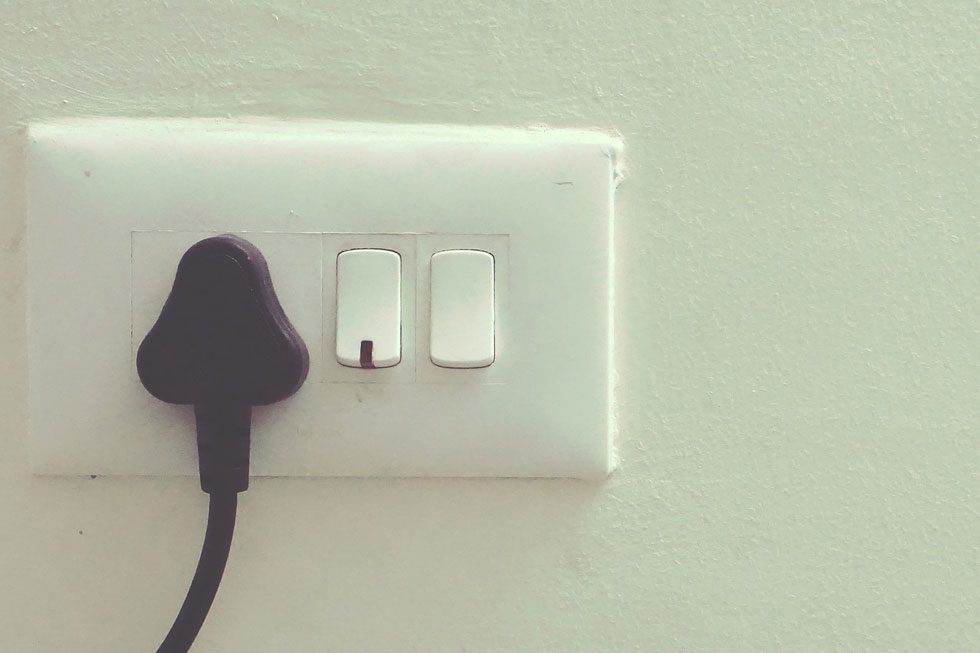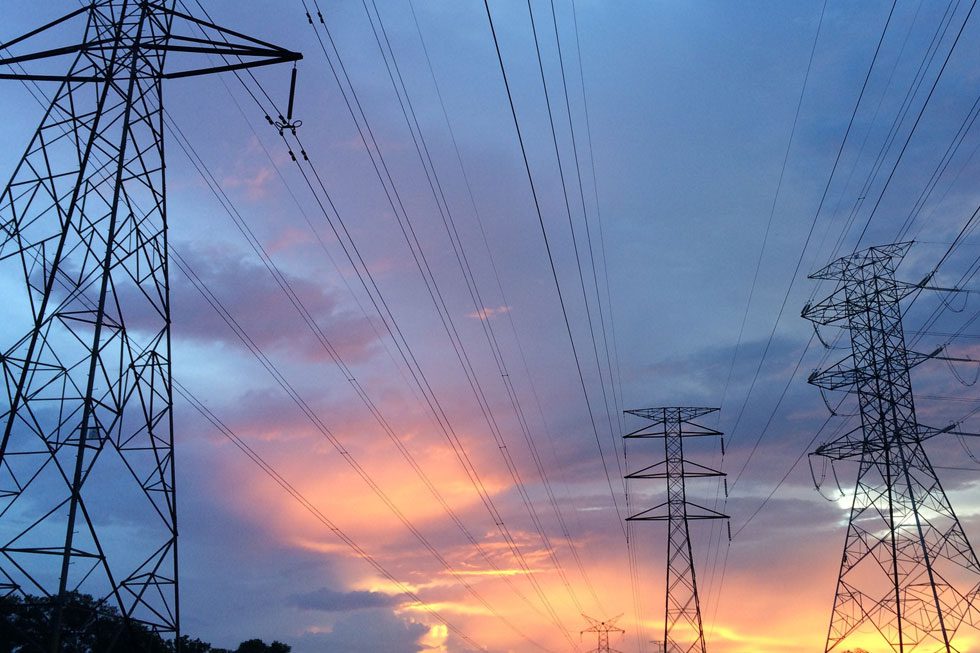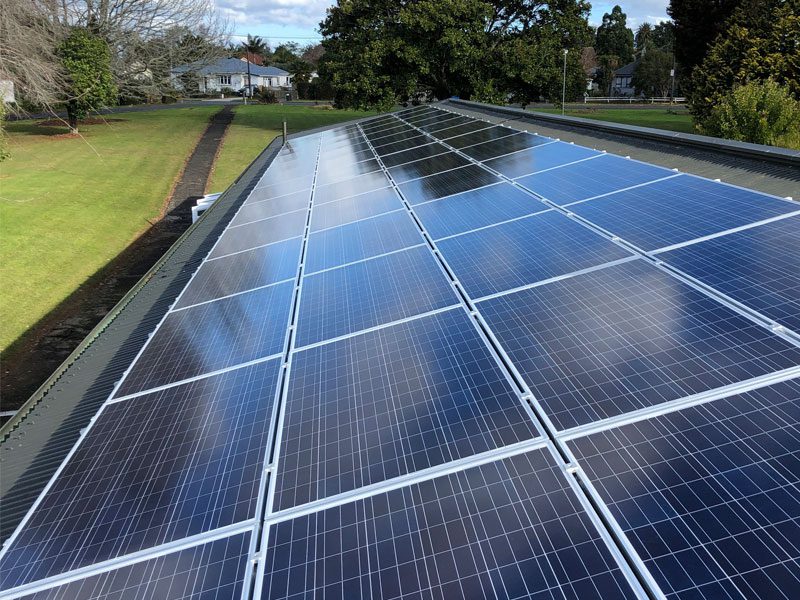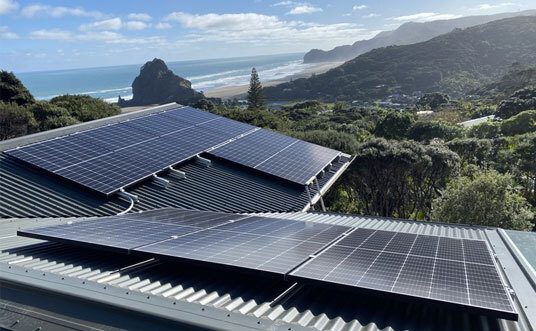Receiving your power bill every month can be a hard pill to swallow but just like petrol, it’s simply another cost that comes with everyday living. But, what if we told you it’s possible to dramatically cut down that bill and even earn money from the power you generate? This article sets out to explore selling excess power back to the grid and how it can work for you.

Firstly, what does it mean to be on or off the grid?
Any house that is off-grid is completely self-sufficient when it comes to generating its own electricity. This power is provided by renewable energy sources, such as sun-powered solar panels. To be on-grid means that you are still connected to the electrical grid that powers the area so that you have a back-up option if your renewable energy sources aren’t giving enough power (which can happen if there’s not enough sunshine).

How do people make money from selling excess power back to the grid?
If your property is on the grid and you invest in solar panels, you may find yourself in a position where they are generating more power than your home needs. In this case, it is possible to sell that power back to ‘the grid’, meaning your local power company can purchase it off you for a set amount. For example, a household could sell their excess power for +8 cents per kwh of electricity. During the summer months of the year this is more achievable as solar power efficiency increases. If you would prefer to hold on to your solar power, it can be stored in a battery storage system, or simply used to run appliances around the home.

How does selling power back to the grid work?
In order to sell back to the grid your property needs to be on-grid, have solar panels installed, and have an import-export meter (also known as a buy-back meter). When the sun’s rays hit the solar panel this energy then passes through an AC/DC inverter which displays how much electricity has been generated. This power also runs to a fuse box which is connected to an import-export meter which has two registers: one for recording power usage from the network, and one for recording power output (generated from your solar panels). Before setting up your solar system with an import-export meter, you need to gain permission from your lines company.
Going solar is a long-term investment which pays for itself over the years through lower power bills and selling back to the grid. Solar panel requirements are different from home to home and are dependent on size, location, occupants, and way of living. Contact us today if you would like to know more about what set up will work best for your home and how you can start selling power back to the grid



